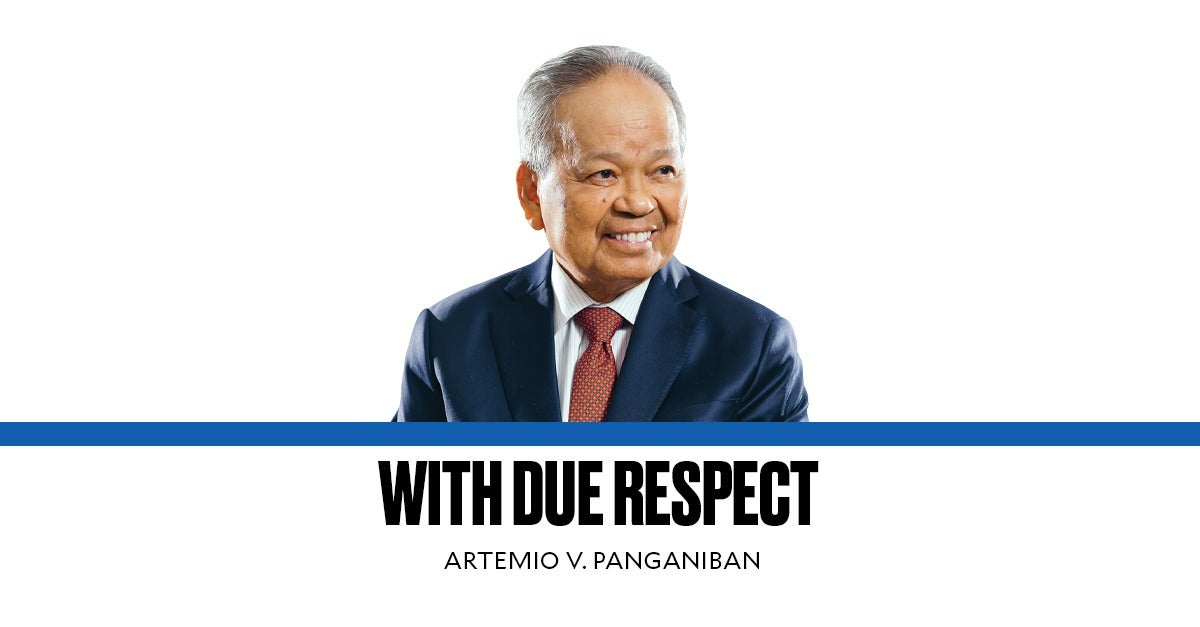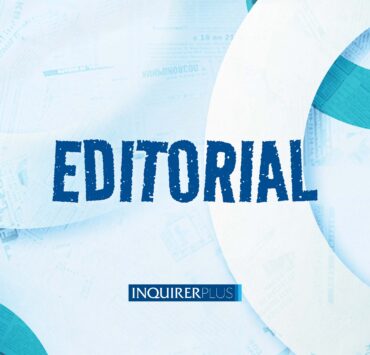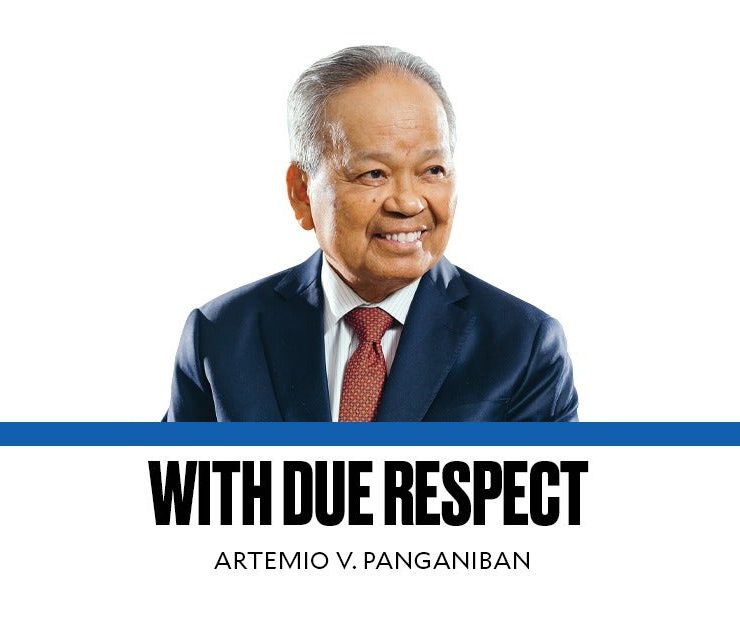Democracy is more than having an election

I have written at least eight columns on the outrageous flood control scams, the investigations, the apparent culprits, the laws applicable, and the personalities who could hasten the criminal prosecution, the return of the ill-gotten loot to the national treasury, and the prevention of their recurrence. As a result, I have received about 800 comments via email, text messages from, and personal conversations with friends and readers. Obviously, I do not have the space to accommodate all of them. Instead, I chose one that typifies their frustrations from Lorenzo de la Paz, as follows (with some edits):
IT BEGAN WITH A SIMPLE QUESTION—how many taxpayers are there for every government employee? The answer shocked me: barely three taxpayers for every bureaucrat.
We have 82 provinces, each with its own governor, vice governor, provincial board members, and an entire bureaucracy beneath them. Add to that 149 cities, 1,493 municipalities, and 42,011 barangays–each with layers of officials, councils, and employees. Include 317 congressmen and 24 nationally elected senators, and a staggering picture of our bloated political structure emerges. Yet the true measure of governance is not in the number of positions filled, but in the performance and integrity of those who fill them.
Beyond these visible layers lies the executive branch—a monstrous machine with hundreds of departments, bureaus, and agencies employing millions of personnel, many of them redundant or idle. Each department sustains its own hierarchy of directors, administrators, assistants, and consultants. This vast machinery consumes an enormous portion of the national budget, leaving little for genuine public service. As bureaucracy expands, so does corruption—feeding a system that exists to sustain itself rather than to serve.
THE BUREAUCRACY KEEPS GROWING, but good governance keeps shrinking. In a system so compromised, the expansion of government becomes an engine of exploitation—fueled by patronage, unqualified appointments, and even ghost employees who continue to draw salaries from the pockets of hardworking taxpayers.
Even at the smallest unit of government, corruption finds a foothold. Every barangay receives an annual budget from the national government—a share of national taxes meant for local services and community development. Yet too often, these funds are turned into instruments of political control and patronage, serving power instead of the people. The barangay, once envisioned as the foundation of grassroots democracy, has in many places become its first casualty.
We live in a nation where democracy is often confused with legitimacy. Many assume that because there was an election, democracy is alive and well. But true democracy is more than having an election—it is about accountability, transparency, and service to the people. When those elected use their mandate for self-enrichment, when trust is betrayed and laws are bent for protection, the moral foundation of democracy collapses.
Western powers may recognize the Philippines as a democracy, but such recognition does not legitimize the corruption endured by its people. What good is democracy if it merely preserves a system that serves the powerful and impoverishes the rest?
The government has even mastered diversionary tactics—channeling public outrage into nationalism and external disputes. The West Philippine Sea issue has become, for many, a rallying cry of patriotism. Yet behind this veil, the government conveniently forgets its most sacred duty: to uplift its people from poverty. Millions of Filipinos toil abroad, sending money home not to build a nation, but to sustain a corrupt and self-serving system.
AND AS RECENT EVENTS SHOW, the cycle of impunity remains unbroken. The flood control scandal, now nearly three months old, is proof—the biggest fishes, known to everyone, continue to be protected by the very system that claims to serve justice.
The Marcos administration’s proposed tax relief is a gesture, not a reform—a breadcrumb token in place of truth. Every honest businessman knows that before taxes reach the treasury, a portion is already lost to extortion and harassment within the Bureau of Internal Revenue. Audits have become weapons, and integrity a disadvantage. The middle class pays for both governance and graft, while the powerful remain untouched. True relief will never come from token gestures but from true moral courage—to cleanse a system that bleeds its own people without serving them.
Even as citizens take to the streets to protest corruption, the government shields itself behind laws, bureaucracy, and the illusion of democracy. We are a nation overgoverned, underled, and underserved.
It is time we confront this absurd reality—not with cynicism, but with courage. Because silence, in the face of such decay, is no longer acceptable. It is surrender.
—————-
Comments to chiefjusticepanganiban@hotmail.com


















How to help the world’s poor most effectively